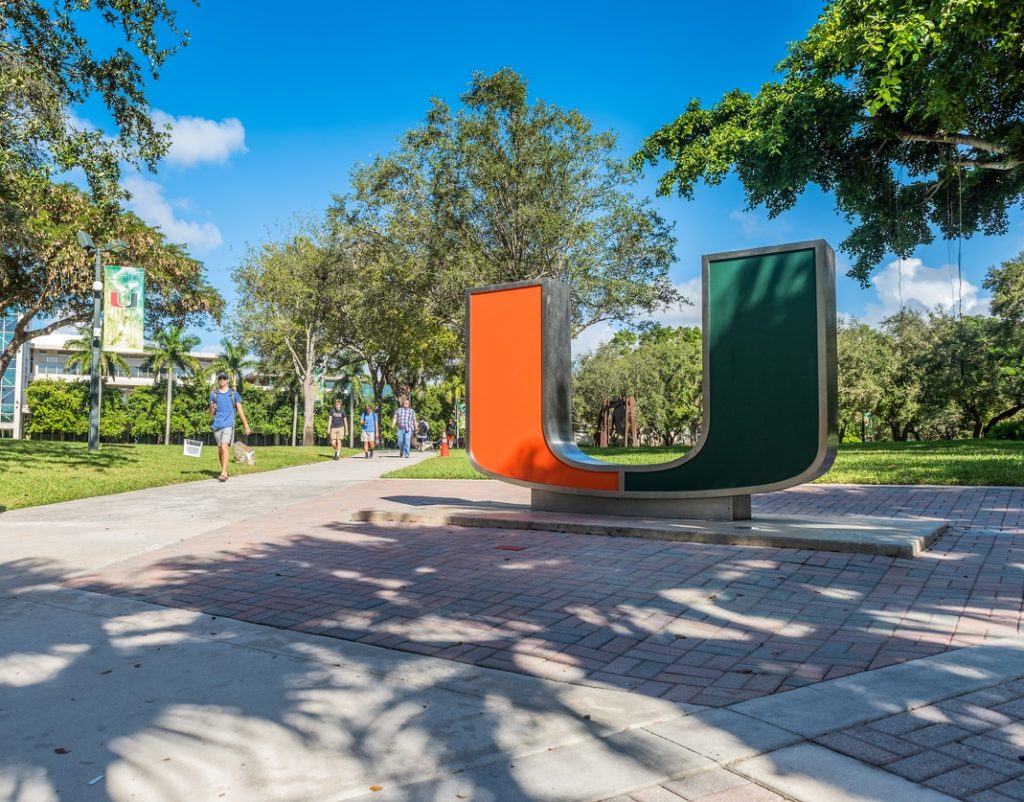Three whistleblower lawsuits have led the University of Miami (UM) to agree to pay a settlement of $22 million for alleged violations of the False Claims Act. UM allegedly routinely ordered medically unnecessary laboratory tests and used misleading billing practices to increase their reimbursement from Medicare.
The government alleges that UM violated the False Claims Act in three separate ways, according to a May 10 press release from the U.S. Department of Justice (DOJ).
UM regularly bills the Medicare program from off-campus hospital-based facilities that the University uses for testing and medical procedures. If the facility is a physician’s office, costs billed to Medicare and patients are lower than if the facility is considered to be a “Hospital Facility”. Physician’s offices can be converted into Hospital Facilities, provided the medical organization follows a set of guidelines that structure the process. The guidelines prevent organizations from simply converting their physician’s offices into Hospital Facilities purely to increase billings. One of the requirements for conversion is that patients and Medicare beneficiaries be advised of this change and alerted that their rates for care will rise. The government alleges that even after UM was officially warned by a Medicare Administrative Contractor that their advisory practices were insufficient, UM still didn’t adequately alert patients and beneficiaries.
The government also alleges that UM billed medically unnecessary tests to Medicare for patients at the Miami Transplant Institute (MTI), a kidney transplant program run by UM at Jackson Memorial Hospital (JMH). Allegedly, each time patients checked into the MTI, a UM electronic test ordering system automatically ordered a battery of tests, some of which were medically unnecessary. The government claims that several of these tests were “dictated by financial considerations rather than patient care.”
According to the press release, UM caused JMH to bill additional false claims to Medicare by forcing them to use UM pre-transplant laboratory testing at inflated prices. The government claims that in return for JMH buying this above-market price testing and then charging it to Medicare, UM continued to allow its surgeons and Department of Surgery to operate at JMH.
UM has agreed to enter a Corporate Integrity Agreement (CIA) with the U.S. Department of Health and Human Services. CIAs usually require the medical organization to pay for constant government-approved oversight in order to keep a tighter leash on organizational decision making processes in the future. While most CIAs last for a 5-year term, the term of this agreement is not specified.
All three lawsuits were launched under the qui tam provisions of the False Claims Act, which allow whistleblowers to sue on behalf of the federal government. The whistleblowers, or relators as they are legally called, are eligible for a reward of 15 to 30% of the money that the government recovers from the alleged fraud. When there is more than one whistleblower involved in a case, the reward is often split between them. Whistleblower rewards have not yet been determined in this case.
The False Claims Act has seen much recent use against all kinds of fraud, with multiple whistleblowers lawsuits coming to successful settlements just in the past few weeks. The Act is the U.S.’s premier whistleblower law for targeting medical fraud and has consistently proven its effectiveness in shutting down fraudulent operations.
